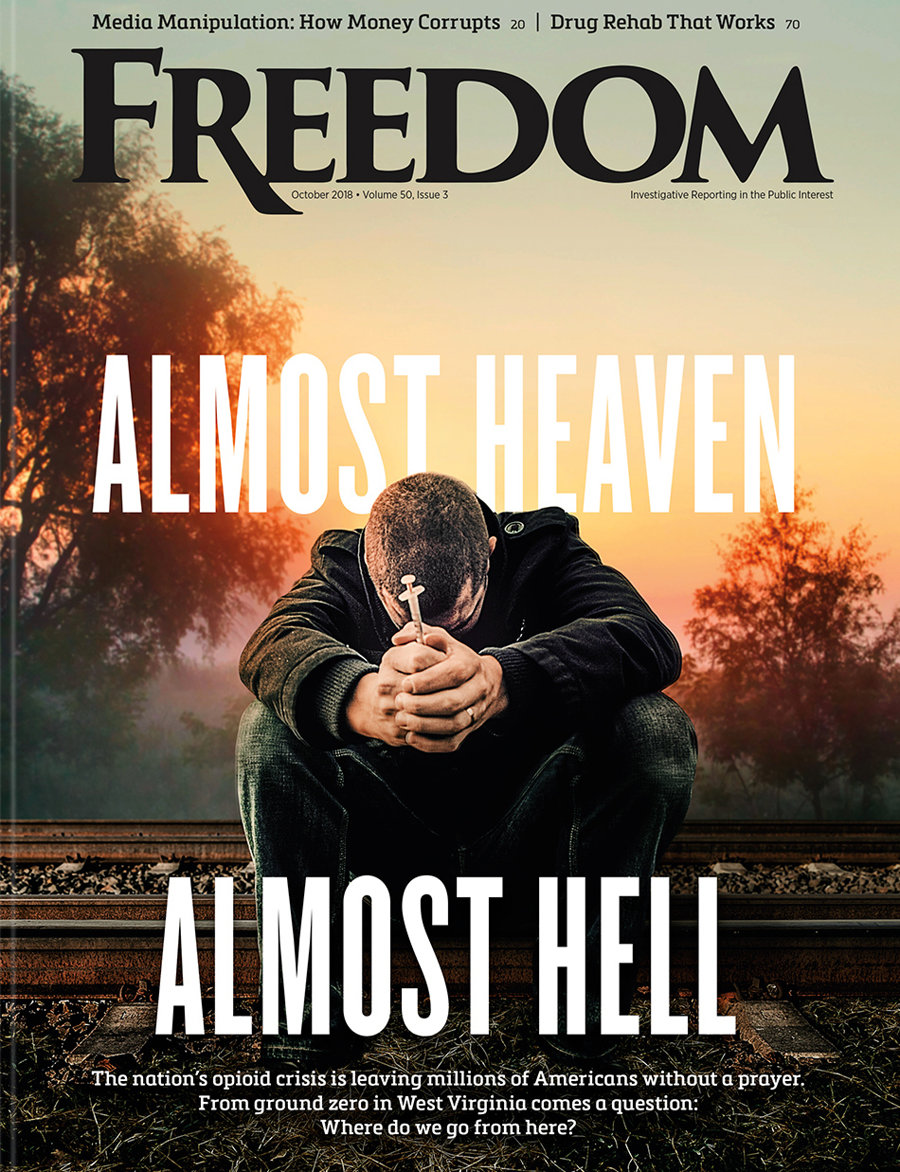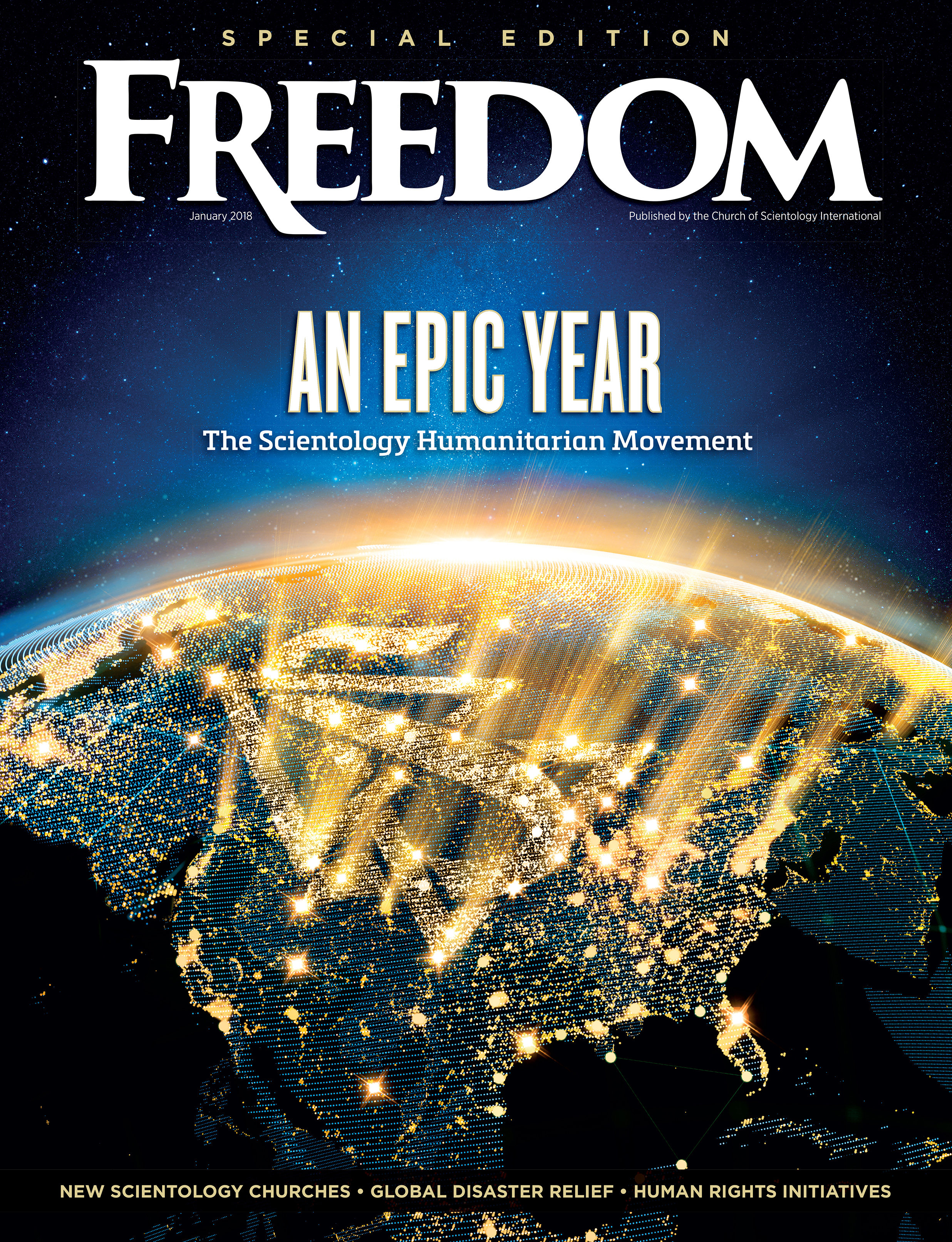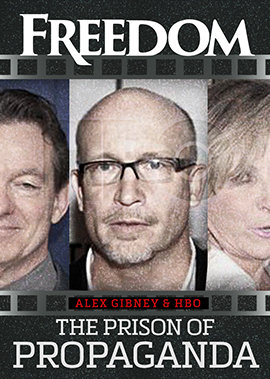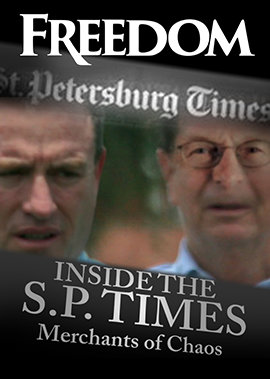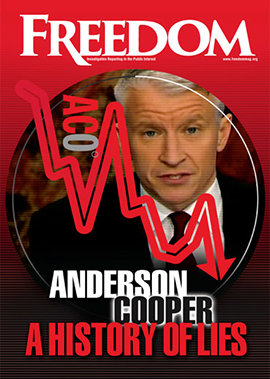“The Department is fully dedicated to the safety and security of our employees as well as the patients that we serve at Clifton T. Perkins and throughout the Department’s Healthcare System.” —Maryland Department of Health
For it was on the seventh of that month that Dr. Scott Moran, CEO of Jessup, Maryland’s maximum-security Clifton T. Perkins Hospital Center for psychiatric patients, was handed a restraining order, the result of a petition by two employees who alleged that he bullied them and other employees at the facility. It was the beginning of the end of the coerced silence about the horrors going on within the walls of the hospital.

The bullying referred to included yelling, intimidation, racially suggestive messages, profanity and threats such as, “You don’t know what I used to do in the military,” and “You’re gonna be in trouble and you’re gonna get Moran’d.”
Shortly after the restraining order was issued, Dr. Moran was banned from the premises and then fired this past May. The Maryland Board of Physicians suspended his license for one year.
But Moran was just a symptom, not the disease. The complaint against him was the culmination of at least four years of ignored complaints about hospital mismanagement and dangerous conditions leading to the resignation of doctors and staff. In the past year, there has been an out-of-control brawl, a rape and a patient’s death—all unreported.
The patient, Martina Morgan, aged 40 and a mother of three, had told her sister that she felt unsafe at the facility. The bizarre circumstances of her death this past November opened a gruesome Pandora’s box of carelessness and outright criminal neglect at Perkins.
It took an exposé by The Washington Post, published October 15, to finally push health department officials and others to commit to implementing reforms at Perkins.
Despite exhibiting days of dizziness, low blood pressure and dehydration, followed by a severe medical emergency—a kind of vomiting that indicates internal bleeding and requires immediate attention—Perkins staff did not call 911 for some 30 minutes. Attempts to resuscitate Morgan failed. The Office of the Chief Medical Examiner declined to perform an autopsy based on Perkins doctors and state police asserting that Morgan’s death was “not suspicious.”

The funeral home employees, however, felt otherwise. Perkins staff had already told them that Martina Morgan had no relatives and was a ward of the state, even though her mother had been regularly involved in her care. On the strength of the funeral home’s suspicions and the evident falsehoods by Perkins, Morgan’s family demanded an autopsy and criminal investigation.
A six-month police investigation into criminal medical neglect ensued. But though police called for 16 hours of preserved surveillance footage from before and after the patient’s death, only three hours of footage were provided and, after 30 days of delays and excuses, the automated system ultimately deleted the remaining evidence. With inadequate evidence and no official statement that the death was suspicious, no charges could be filed.
A few weeks after the investigation of Morgan’s death began, Perkins employees sent an unsigned letter to the governor and the secretary of health, describing chaos at the facility and begging officials to intercede before “something terrible happens.”
The letter, along with interviews and documents obtained by The Washington Post painted a picture of an institution in turmoil—three violent staff assaults, dozens of alleged sexual assaults, the free flow of drugs (including K2, marijuana and suboxone) and an overall Wild West environment, with no reports made, no internal investigations done, only obfuscation.
Despite at least 18 employee complaints regarding Moran’s unstable behavior and the dangerous conditions—complaints that went to the governor’s office, state oversight agencies and the health department’s equal employment office, and were even discussed between state leaders and the state employees union—none were acted upon and the situation was allowed to fester.
Meanwhile, state officials who were well aware of the complaints against Moran promoted him twice.
Clifton T. Perkins, Maryland’s only maximum-security forensic psychiatric hospital, mostly treats people who have been charged with violent felonies but who a judge or jury determined should receive psychiatric treatment rather than incarceration. It was once the subject of an A&E documentary lauding it as a national leader among psychiatric facilities.

It took an exposé by The Washington Post, published October 15, to finally push health department officials and others to commit to implementing reforms at Perkins. The next day, in a letter, Maryland’s Health Secretary Laura Herrera Scott said that the allegations were “of serious concern” and that a “top-to-bottom review and investigation” were ongoing.
Some facts, however, don’t need an intense top-to-bottom review to show themselves. Just a cursory glance at cold, unemotional statistics discloses that psychiatric facilities—even psychiatric offices—are not safe for human beings.
Since 1965, 1.1 million people have died in psychiatric hospitals, more than twice as many as all the soldiers killed in all of America’s wars since 1775.
Studies have shown that 10 percent of psychiatrists and psychologists worldwide admit to sexually abusing their patients. If one does the math, there are an estimated 207,500 psychologists and 56,536 psychiatrists in the US alone, meaning there are about 26,404 mental health practitioners you would do well to steer clear of at all costs if you are looking to avoid sexual assault.
We wish the Maryland Health Department all the luck in the world in conducting their top-to-bottom review and investigation of the Clifton T. Perkins Hospital Center for psychiatric patients.
While they’re at it, they should include an investigation of psychiatry itself—its actual cost in terms of tortured lives, death and chaos.
That would be worthy of a multitude of documentaries—one for every death, rape and ruined life at the hands of psychiatry.






